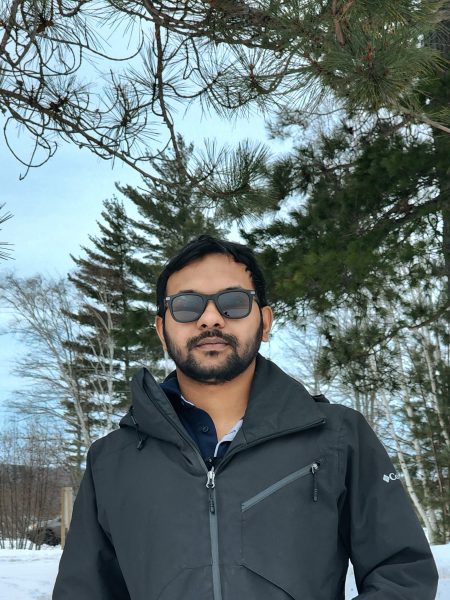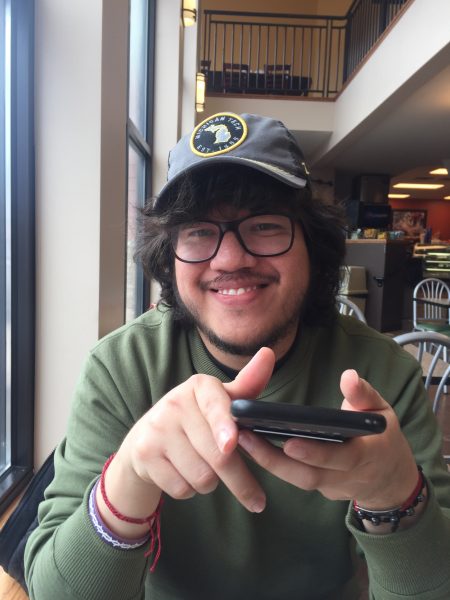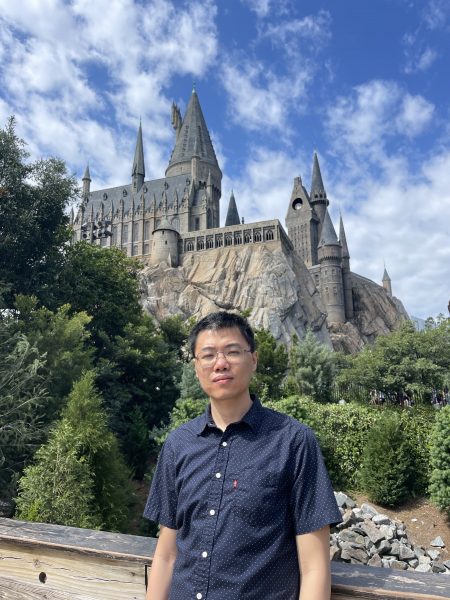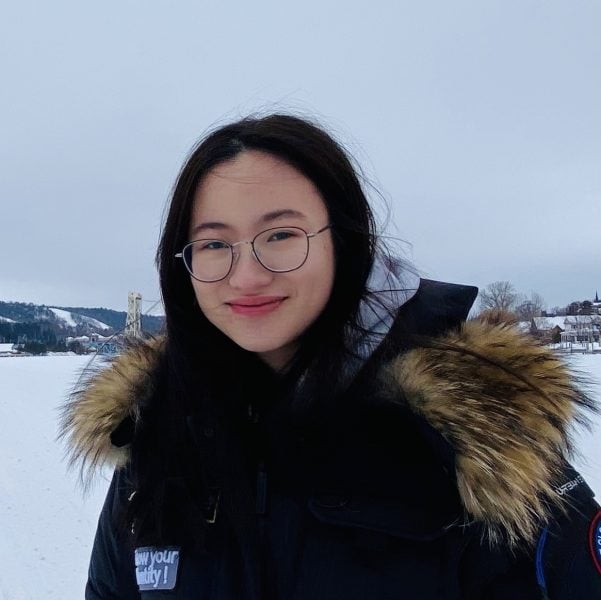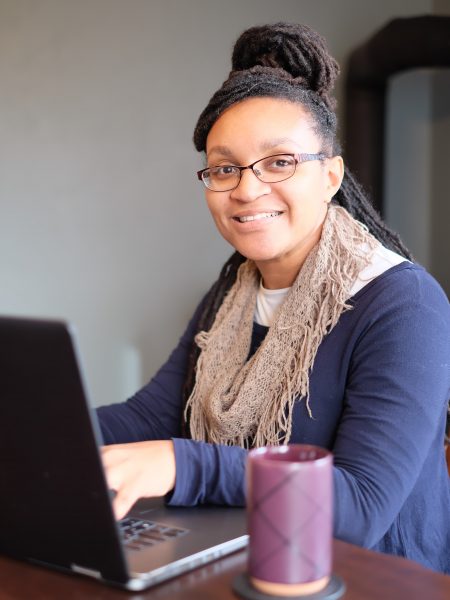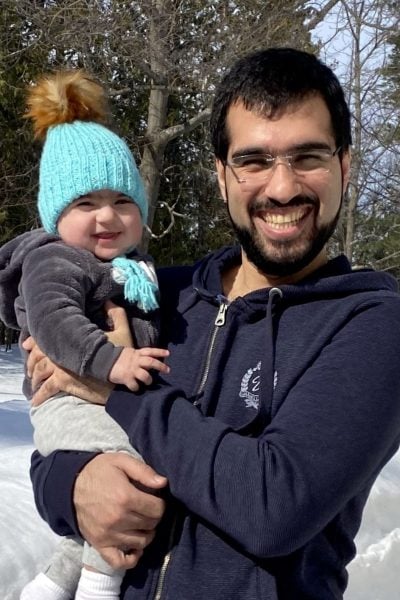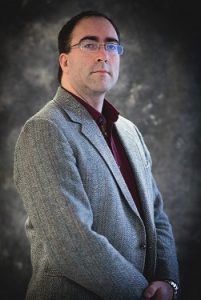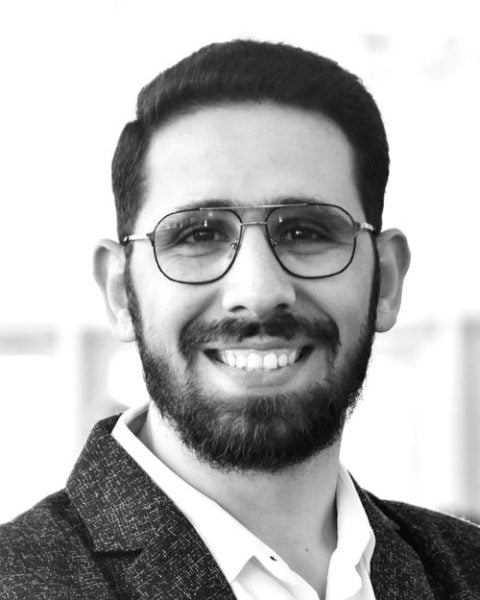
Ali Awad is currently pursuing a Ph.D. in Computational Science and Engineering at Michigan Technological University (MTU) in the United States. He earned his M.S. in Computer Engineering from the German-Jordanian University in 2019 and his B.S. in Computer Engineering from Philadelphia University, Jordan, in 2017.
Over the past three years at MTU, Mr. Awad has built a strong research background in computer vision, with a particular focus on underwater image enhancement and object detection. His research aims to optimize image enhancement techniques to improve object detection performance in challenging underwater environments, and he has published multiple papers in this field.
In addition to his academic achievements, Mr. Awad has industry experience as a software/hardware co-design engineer and has worked extensively on personal hardware and embedded systems projects, which have further strengthened his practical and technical expertise.
